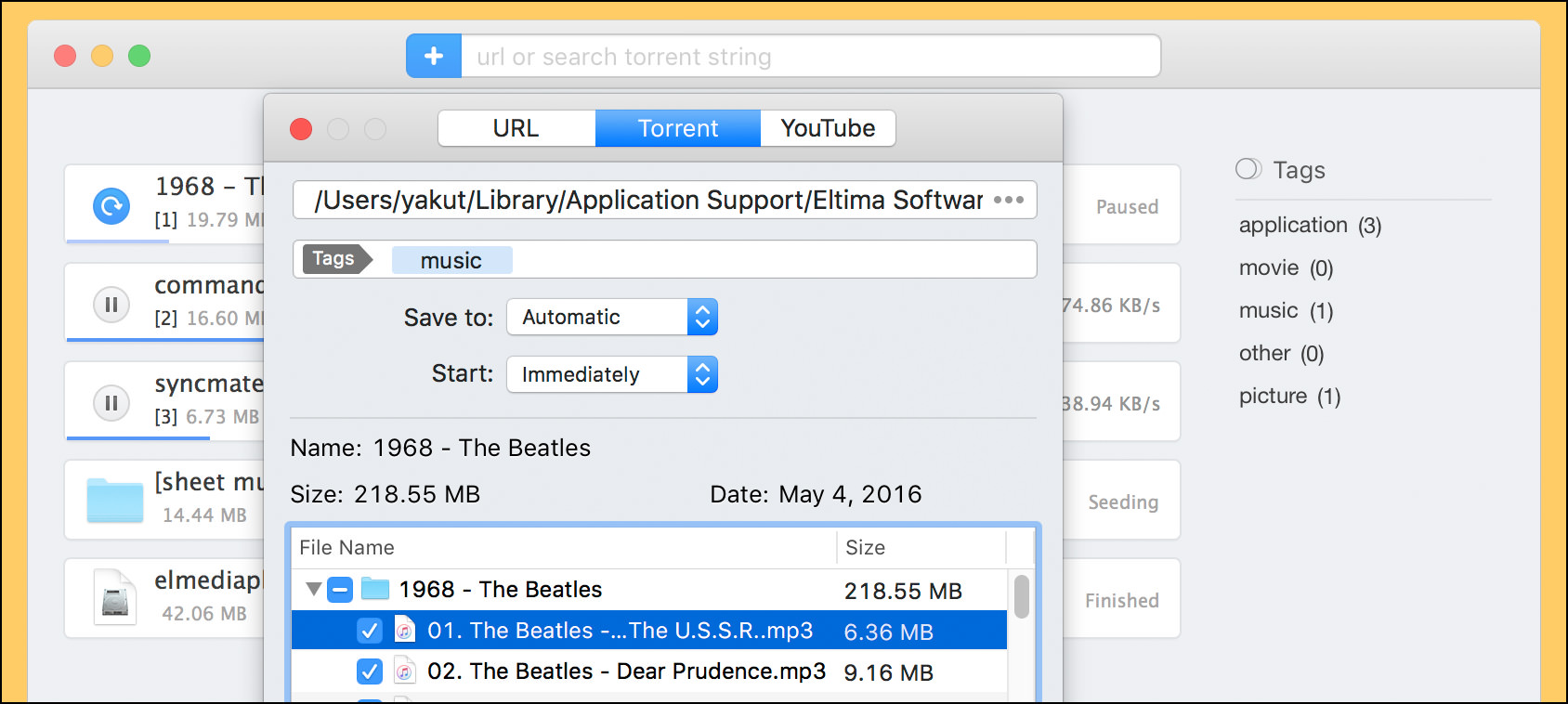
Free Vpn For Osx 10.7.5
The bottom line: Mac OS X Lion is definitely a worthy upgrade for all Intel Mac users. Featuring several interface enhancements and useful new features across all the core apps, Mac OS X Lion is an excellent update for the price. Review: When Apple showed off Mac OS X Lion at the Worldwide Developers Conference keynote speech earlier this year, it was clear the company had paid attention to its successes with the popular iOS devices, and was now beginning to include successful iOS features in its flagship OS. Also, with Apple laptops and tablets now far outpacing desktop sales, Apple has moved from a primarily desktop computer company to embrace mobile computing. This release of Mac OS X seems to be a reflection of Apple's successes in those categories.
Wine emulator download. VLC Media Player. Microsoft Office 2016 Preview. Microsoft Office 2011. MediaHuman YouTube to MP3 Converter. AVG AntiVirus for Mac. Apple X11 for OS X 10.7.5 for Mac Free.
With this eighth major release of the big-cat OS, Apple is adding more than 250 features. Some are big interface changes, whereas others are smaller refinements with the clear aim of making certain actions easier.
Priced at $29.99, the upgrade adds plenty to make it worthwhile for most Mac users, but those who do not have Snow Leopard will need to pay for that upgrade as well. Lion can only be downloaded via the Mac App Store, which was introduced with Snow Leopard. Installation Installation for Mac OS X Lion requires a couple of steps. Start by running Software Update and check for Mac App Store updates--this is always a good practice before a major upgrade, to make sure you have the latest versions of Apple's core apps. From there, simply navigate to the Mac App Store in Snow Leopard, purchase the upgrade, and begin downloading. You will need to have an account with Apple via the Mac or iTunes Store in order to purchase Mac OS X Lion.
The OS is about 4GB (approximately the size of a full-length film download), so depending on your connection, you may want to start the download before going to bed or leaving for work. When the download is finished, the Mac OS X Lion installer appears in the Dock and launches automatically. Mac OS X Lion installs in place, so you won't need to create a separate disk or run the installation off an external drive. All of your photos, documents, applications, and other saved files will be there when you're finished with the upgrade. Once the installation is complete, your Mac will automatically restart and you'll be ready to start exploring Mac OS X Lion. Apple also told us that Snow Leopard users migrating data to a new Mac with Lion should first grab the Migration Assistant update for Snow Leopard. This will ensure all of your files, photos, and information will be smoothly transferred to the new system.
Other download options: Apple recognizes that 4GB can be a big download, especially for users without broadband. Users who do not have broadband access at home, work, or school will be able to download Lion at all Apple retail stores. If there are no stores close to you, you'll need to wait until August when Apple says Lion will be made available on a USB thumbdrive through the Apple Store (for $69. New features Multitouch gestures: With the success of touch-screen iOS devices and sales of Mac notebooks outpacing desktops, it's only fitting that Apple would make multitouch gestures a priority in Mac OS X Lion. Whether you're using the trackpad on the MacBook Pro, the MacBook Air, or the Magic Trackpad for desktops, you'll be able to take advantage of multitouch gestures that get you where you want to go quickly without having to navigate using a mouse. The Magic Mouse offers alternative gestures as well, so you won't be left out in the cold if you prefer a more traditional mouse.
Even the feel of gestures seem smoother, which Apple says is not a change in how the functions work, but are attributable to new animations for things like swiping, zooming, and momentum scrolling. Whatever the explanation, it works well.
In Mac OS X Lion, Apple has rethought the concept of scrolling through pages by making the idea of the scroll bar mostly obsolete. Now you can swipe with two fingers to scroll through a Web page or document, but the document moves as though you are actually moving it with your hand. This is different from former scrolling methods, where you would scroll downward with the scroll bar to make a Web page move upward, for example. This might take some getting used to for many people, but we found it very intuitive once we got used to 'grabbing' a Web page or scrollable document and moving it. The scroll bar is not completely a thing of the past, however, because it still shows up to indicate where you are on a page and disappears once you're done scrolling--it's just that you will mostly no longer need to use it. Some of the more-useful gestures we found were the aforementioned two-finger scrolling, a three-finger swipe upward to open Mission Control (more on this later), and the three-finger swipe to the side to switch between full-screen applications. All of these gestures are very fluid and intuitive and--once you remember the important ones--should become second nature.